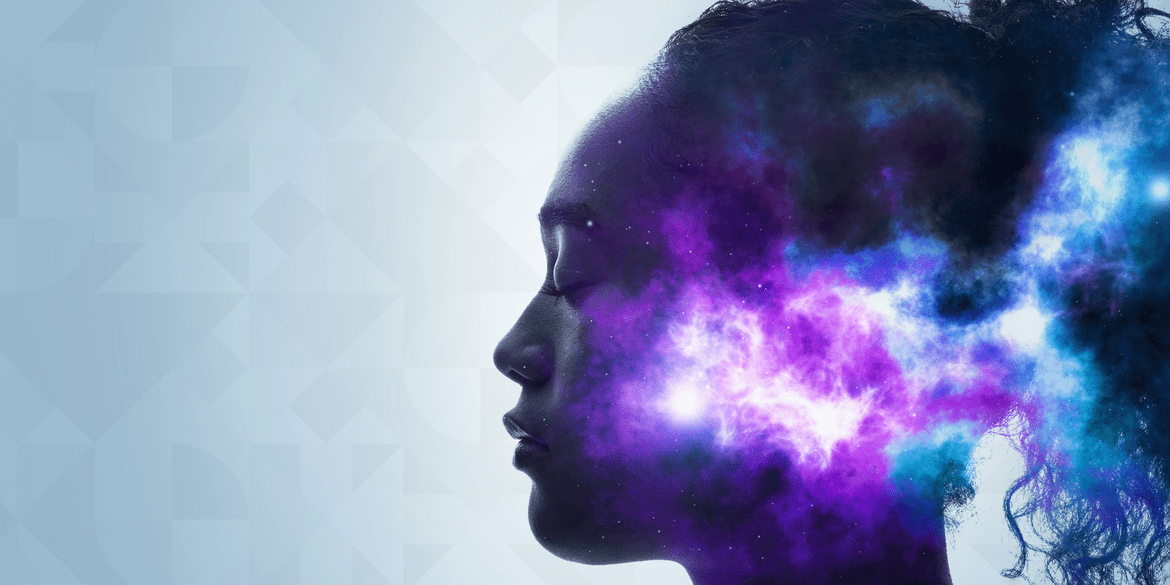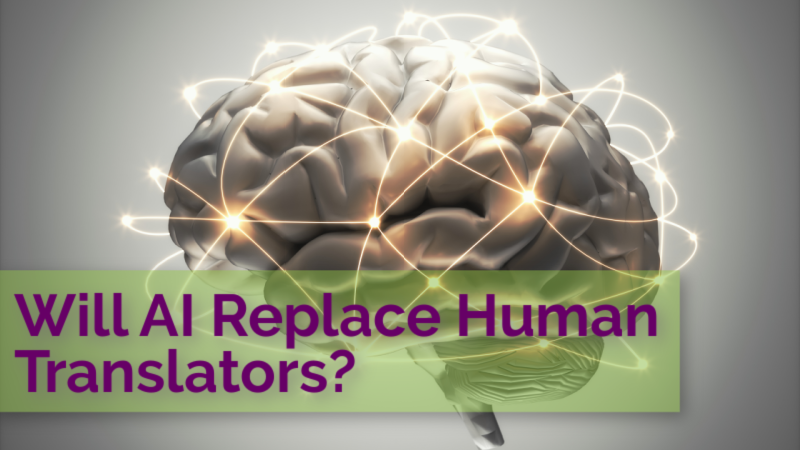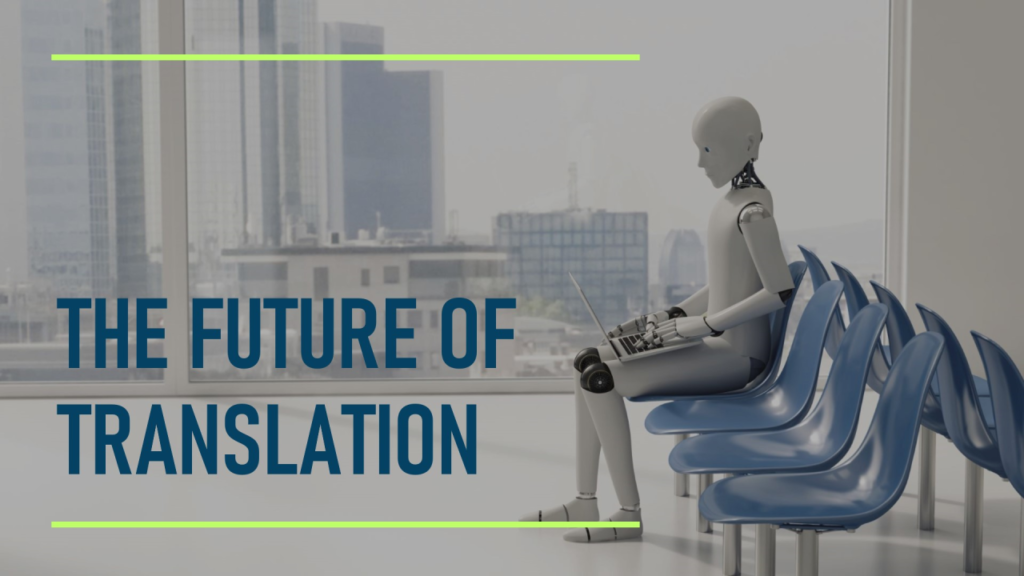Artificial Intelligence (AI) is changing many fields. One question people ask is, “Will AI replace translators?” This is a big topic. It has many parts. In this article, we will explore this question. We will look at what AI can do, what translators do, and what the future holds.
What is AI?
AI means machines that can think like humans. They can learn and solve problems. AI uses algorithms to process data. It can help in many areas like medicine, finance, and yes, translation!
How Does AI Translate?
AI translation tools use technology to convert text. Some popular tools include:
- Google Translate
- DeepL
- Bing Translator
These tools use complex algorithms. They analyze language patterns. They also learn from previous translations. This makes them better over time.
What Do Translators Do?
Translators are people who convert text from one language to another. They do more than just change words. They also consider:
- Context
- Cultural differences
- Nuances in meaning
Translators ensure that the message stays the same. They make text easy to understand. This is important in many fields like:
- Legal documents
- Medical information
- Literature
Advantages of AI Translation
AI translation has some great benefits:
- Speed: AI can translate text in seconds.
- Cost-effective: It is often cheaper than hiring a human translator.
- Availability: AI tools are available 24/7.
These benefits make AI appealing for many people. But, does this mean AI will replace translators? Let’s look closer.

Credit: www.rws.com
Limitations of AI Translation
AI translation also has limitations:
- Accuracy: AI can make mistakes.
- Context: It may not understand the context well.
- Emotional tone: AI struggles with capturing emotions.
These limitations show that AI cannot fully replace human translators. Understanding context is crucial. Language is not just about words.

Credit: ititranslates.com
Human Touch in Translation
Translators add a personal touch. They understand culture and emotions. This is important for:
- Poetry
- Books
- Marketing materials
For example, humor can be tricky to translate. What is funny in one language may not be funny in another. A human translator can adjust the text. They make it relatable for the audience.
When Will AI Be Useful?
AI translation is great for certain tasks. It works well for:
- Simple texts
- Basic communication
- Informal conversations
AI tools can help travelers. They can assist in quick translations. For example, asking for directions can be easy with AI.
Collaborative Translation
Another interesting idea is collaborative translation. This means using AI and humans together. AI can handle the first draft. Then, a human translator can edit it. This combines speed and accuracy.
The Future of Translation
What does the future hold? AI will continue to improve. It will become better at understanding language. But, human translators will still be needed.
Here are some reasons:
- Complex texts: Human insight is crucial for complex documents.
- Cultural nuances: Only humans can fully understand culture.
- Creative works: Literature needs a human touch.
Frequently Asked Questions
Will Ai Fully Replace Human Translators?
AI can assist translators but lacks the nuance and cultural understanding that humans provide.
What Are The Limitations Of Ai Translation?
AI struggles with idiomatic expressions, cultural context, and complex sentence structures, affecting accuracy.
How Does Ai Translation Work?
AI translation uses algorithms and machine learning to convert text from one language to another.
Can Ai Improve Translation Accuracy?
AI can enhance accuracy through continuous learning, but it still requires human oversight for nuanced content.
Conclusion
In conclusion, AI will not fully replace translators. AI tools will help make translation easier. However, human translators will always be essential. They bring understanding, empathy, and creativity. The best future combines both AI and human effort.
So, the answer to the question is clear. AI will assist, but it will not take over. Translators have a bright future!
FAQs About AI and Translation
Here are some common questions:
1. Can Ai Translate Languages Perfectly?
No, AI can make mistakes and may not understand context.
2. Is Ai Translation Free?
Many AI translation tools are free, but some charge for advanced features.
3. Will Translators Lose Jobs Due To Ai?
Some jobs may change, but many will still require human translators.
4. How Can Translators Use Ai?
Translators can use AI tools to help with initial drafts and speed up the process.
5. What Languages Does Ai Translate?
AI can translate many languages, but some languages are better supported than others.
Thank you for reading! We hope this article helped you understand the role of AI in translation.

